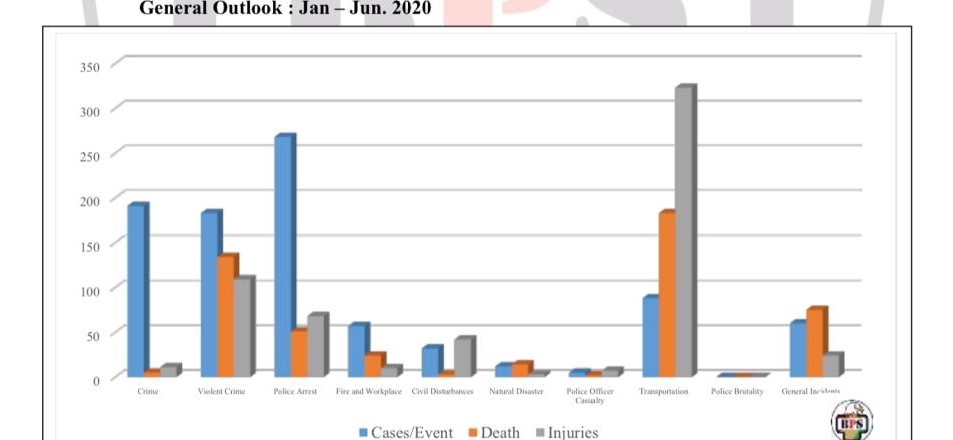The Head of Regulations and Compliance at the National Road Safety Authority CNRSA), Kwame Atuahene, has blamed the inability of the jurisdiction to pass a legislative Instrument relating to high occupancy vehicle refresher trainings and other laws concerning road safety, on the lockdown that ended in April.
Speaking on face to face, the Head of Regulations and Compliance intimated that, high occupancy refresher trainings are part of the pertinent issues the NRSA seek to address with the yet to be passed legislative Instrument.
“To be fair to our situation, between last year and this year, there were limited number of things we could do. In fact, within last year (2019) and this year (2020), the requirement was for us to put together a legislative instrument. But, lockdown and all of that difficulties that came with it could not allow us to work as faster as we could have wished to do.”
The Executive Director of the Bureau of Public Safety, Nana Yaw Akwada stated that a data by the Bureau of Public Safety, found out that casualties compared to the number of accidents occurring on the roads is as a result of high occupancy vehicles.
“Per data that we monitored between January and June, we observed that; I wished that actually lockdown imparted on our transport casualties. If you look at the frequency of occurrence, comparing 2020 half year and 2019 half year, there was a slight reduction of three percent in cases. But, when it comes to the casualties, deaths and injuries, there was a huge jump; fewer accidents are occurring but more people are dying.”

However, Kwame Atuahene disputed the argument by the Executive Director of the Bureau of Public Service that, fewer road accidents have occurred on the road since January.
He revealed that, more accidents have occurred on the roads between January and August. He noted that Ghana has recorded about 9000 accidents cases with 1585 deaths. “His (Nana Yaw Akwada) analysis is often based on what is reported in media as opposed to in our case, what is reported to the police,” he remarked.
Expatiating his point, The Executive Director of the Bureau of Public Safety said Ghana including, the leaders have been adamant in maintaining sanity on our roads.
“It is important to learn that safety is engineering; it is just not just an act. So, you cannot pay lip service to it. If you do not take steps to put in place the necessary changes that should be in place, you will not get the results that you so badly need. I think it is the reason we are seeing what we are seeing. If we decide that we would want to do what we do all the time; when accidents happen and it shocks the conscience of the nation, the whole nation gets into grief. Then, we have very prominent politicians coming in making fabulous statements, making generous donations and promising us heaven and then we go to sleep.”
With regards to indiscipline on our roads, Bloomberg philanthropies and John Hopkins University spelt out findings on what causes most accidents on our roads.
“Whereas 83 percent of drivers wear seat belts, only 14 percent of passengers wear seat belts. Most ‘trotro’s’ do not have seat belts. Now only 2 percent of people in the rear seats wear seat belts. Mostly, once people are at the back, they don’t wear seat belts and they forget that when you are in the back seats you are more likely to even die because, you can be moved by the momentum of the crash through the windscreen.
“74 percent of drivers were driving above the speed limit. Close to half (48 percent) of vehicles were observed going over 10km/hr higher than the speed limit,” sources added.




















